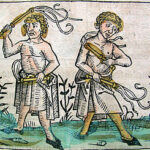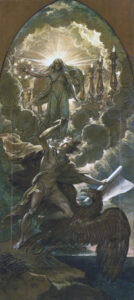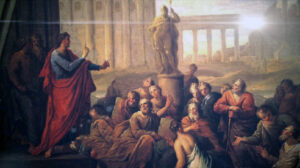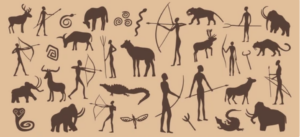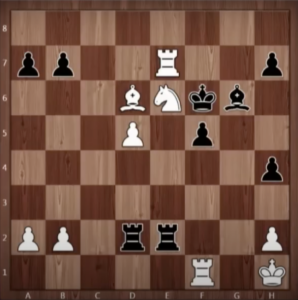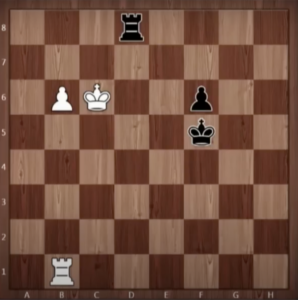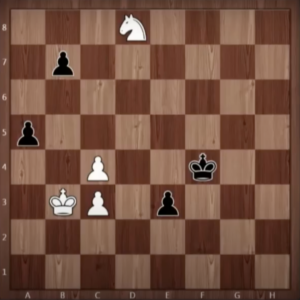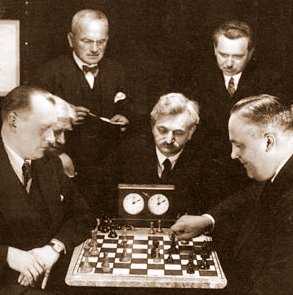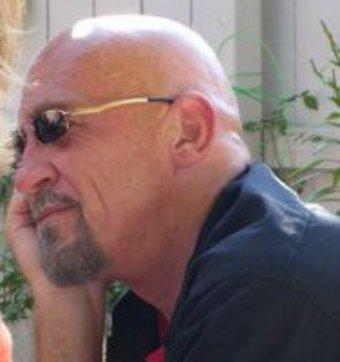of Germanic racial care by medieval Christianity (3)
by Hans F. K. Günther
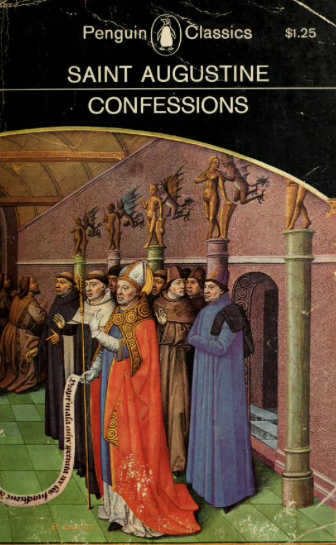
The most popular book of the Middle Ages. Note the devils behind the naked women and remember Nietzsche’s aphorism: ‘Christianity gave Eros poison to drink; he did not die of it, certainly, but degenerated to Vice’.
The church’s devaluation of all earthly life extends to all parts of the meaningful order. Sexual life was desecrated because it now belonged to the respected ‘flesh’. The woman, the mistress of the house as guardian of the racial heritage, became an object that could ignite carnal desires. This dissolved the order of procreation described above. Those who had become circumcised for the sake of the Kingdom of Heaven were considered particularly pious (Matthew 19:127). Origen, the great teacher of the Church, had castrated himself. The degradation of the body, which was so contrary to the Indo-European veneration of the body, went so far that Athanastus (born around 297 in Alexandria) praised the Egyptian Antonius, a saint, because he no longer washed his feet, and Saint Agnes (in the 4th century) so disrespected her body for the sake of her soul striving for the afterlife that she no longer took a bath. The Indo-Europeans had always valued physical and mental health as a great asset. Wholeness, health and joy of life were wished for in the greeting: Heil (in English whole, entirely ‘vale’ or ‘chaire’). Saint Steronymus (340-420) taught: ‘One should conquer the flesh! A face radiant with health is the sign of a defiled soul. Health should be a danger to the soul, physical beauty, an expression of refined nature, a work of the devil to incite the flesh to fornication’.
Of course, such teachings never took hold of the entire Germanic people, as they were too deeply rooted in the aristocratic peasant nature and the everyday life of the peasant warrior. Only a few people completely fell for the church teachings, which always proclaimed a monastic life rather than a truly Christian life. But these teachings did dissolve the high-minded and ultimately ignoble beliefs of the Germanic people, so that some of the Germanic customs could only continue to exist as a tolerated secular tradition, while this customs before the conversion were actually an expression of Germanic piety. Nowadays, much of the tradition was considered ‘pagan and reprehensible’ and gradually dissolved in the course of the medieval centuries or became a class tradition of the nobility alone, which increasingly lost its original, biological meaning based on the laws of life.
The Midgard concept, which included the order of procreation that was so significant in terms of life law and race, and all the noble peasant values described by Neckel, was bound to be quickly disintegrated by the church teachings; the security of the world was bound to dissolve. This disintegration extended to the value of home, which was at the core of the Midgard idea. In his book Usketische Heimatlosigkeit (1930), Campenhaufen described the church value of xeniteia, the turning away from home and the holy emigration to foreign lands, which was opposed to the idea of home, the peregrinatio, as this turning away from home was called in the West. The value of homelessness as a means of healing the soul emerged above all in Irish-Anglo-Saxon Christianity. In the rest of the West this teaching later faded into the background, but peregrinatio was still practiced and practiced as a particularly sanctifying form of feudal conduct in the High Middle Ages. But the church’s devaluation of the homeland struck the heart of the Midgard concept. The monk Otfried von Weisenburg (in Elfass) wrote his Gbangelienbuch in 868, in which he explains (I, 18) that our homeland is paradise, that we humans live on this earth like outcasts in a foreign land because of our sins, and that only through repentance and turning away from the world can we regain our true homeland.
This was the exact opposite of Germanic belief – aversion to home and clan had become a sign of the greatest piety. For the Germanic people, maintaining clan ties was the safeguarding of peace that created prosperity. The word peace originally meant the prosperity of all growth in clan settlements through clan order. The most sinister thing for the Germanic people was clan division. Grönbech has convincingly demonstrated this. Therefore, even with the most appropriate interpretation, a word from Jesus such as that recorded in Matthew 10:35 must have seemed outrageous to the Germanic people, who still thought in terms of clanship: I have come to set a man against his father, and a daughter against her mother, and a daughter-in-law against her mother-in-law; and a man’s enemies will be his own household. For the church, such a word was confirmation of the spiritual value of turning away from the world. However, such a turning away from the world also meant a turning away from the idea of ancestry and clan care.
The idea of descent from noble peasant ancestors of one’s own tribe was further opposed as church teaching by the idea of a connection, at least of the souls, to the ancestors of the Jewish people. In Paul’s letter to the Galatians (3:27) it was taught: ‘But if you are Christ’s, you are Abraham’s seed. The Jews were now to be regarded as the chosen people from whom salvation comes’ (John 4:22), as the people chosen by God, because Old Testament terms such as Elohim or Jahn (ehoba), terms for the special god of the Hebrew tribes, were translated by the Holy Scripture, the Bulgata, as dominus or deus, as ‘lord’ or ‘god’, thus no longer with the designation as a special god, but as a one and only god and all-god who encompasses all peoples and obliges all to his commandments. It is precisely in this tacit equation of Hebrew names for gods with names for the all-god himself that the ‘great deception’ that was disastrous in the history of faith and to which Delitzsch has pointed out emphatically is touched upon.
